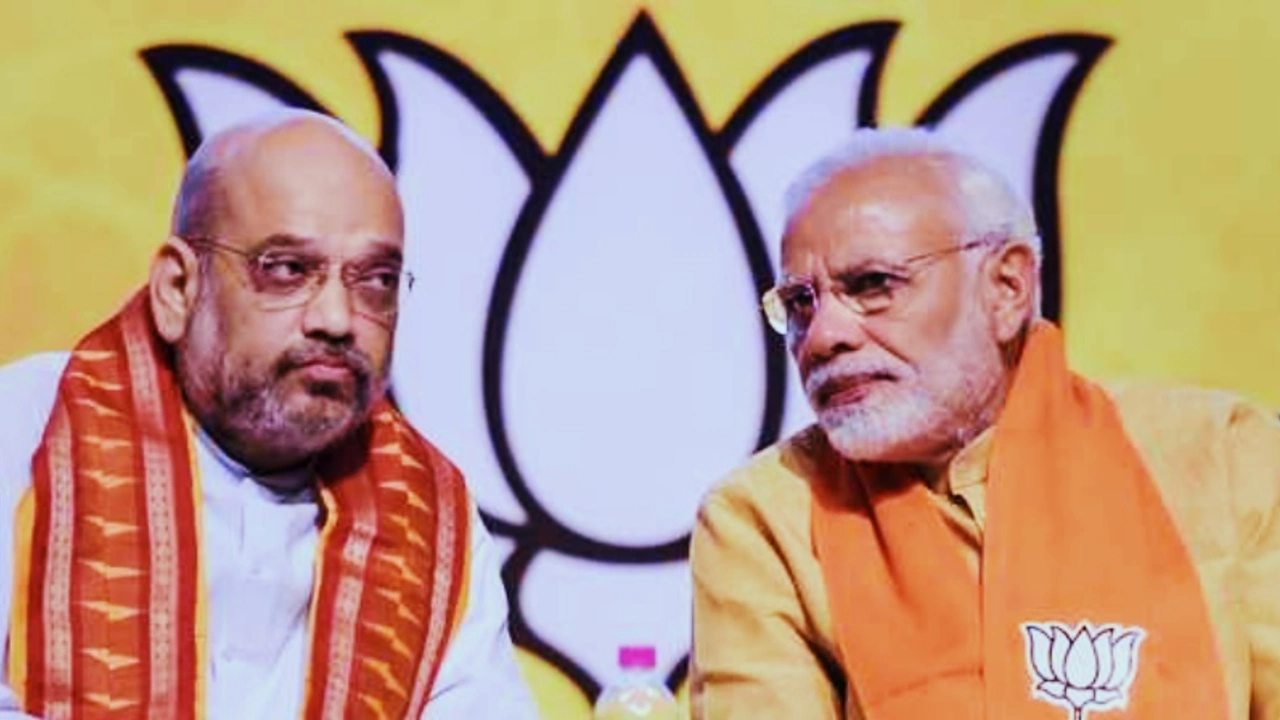Understanding Amit Shah's Political Prowess
When pondering over the topic of 'Amit Shah as the Prime Minister', one definitely can't ignore his political prowess. The man has risen from being a booth worker for the Bharatiya Janata Party (BJP) to becoming its National President, and now India’s Home Minister. Amit Shah has been instrumental in the BJP’s transition from an opposition party to one forming consecutive majority governments on their own. His strategizing and organizational skills have often been lauded and are pivotal elements of his political persona. As a hypothetical PM, these qualities could undoubtedly play a major role in shaping up his mandate.
India has had prime ministers from varied backgrounds - poets, economists, and even technocrats. The premise of Shah's leadership would bring an entirely new flavor to it, an astute political mind with a keen understanding of grassroots politics. His tenure as the Home Minister has displayed his decisive and bold decision-making, including the abrogation of Article 370 in Jammu and Kashmir and bringing the contentious Citizenship (Amendment) Act. His rule might bring a wave of assertive policy-making that could expedite much-awaited reforms, and possibly lead India onto a path of true nationhood.
Amit Shah's Stance on Economy and Development
Amit Shah, who holds a BSc in Biochemistry, is a businessman turned politician from Gujarat. Shah has always been an advocate of a strong and vibrant economy. During his tenure as the Home Minister, he has encouraged the promotion and integration of technology for governance; policy decisions like the ‘Digital India’ initiative bear testament to this. If he assumes the role of the Prime Minister, we could foresee investments in boosting technology-infrastructures across government bodies.
The Gujarat Model of Development, synonymous with rapid industrial growth, infrastructure, and stable governance, is a concept Shah greatly endorses. As the prime minister, he might bring about a revamped focus on industrial growth and job creation. He might work towards creating an environment conducive to ease of doing business, facilitating more foreign direct investments into the country. While urban centers would potentially thrive, his position on rural economy and agrarian issues would be something to watch out for.
Shah's Security and Foreign Policy
Amit Shah's stand on India's security has always been stern and upfront. As Home Minister, he laid focus on issues of national security and synergized efforts with defense and external affairs. His strong stance against terrorism and separatist activities, typified by the initiation of the NIA (Amendment) Act, has marked a decisive turn in internal security dynamics.
His foreign policy approach could potentially be an extension of his assertive standpoint, prioritizing national security. His tenure might bring forth stronger alignments with countries sharing common security concerns. Meanwhile, it will be intriguing to see how he navigates the complex relations with neighboring countries like Pakistan and China.
Amit Shah: The Man of the Masses
Known for his robust ground-level connections, Amit Shah's understanding of Indian politics steers him closer to the masses. He is credited with strengthening BJP's organizational base significantly, resulting in the party's major inroads into new territories. Combined with his remarkable mass appeal, this suggests that as a potential prime minister, Shah could resonate powerfully with diverse demographics.
Acing the game of strategic alliances and partnerships, Shah's tenure might foster a consolidated political landscape for the BJP. His potential elevating position could mark an unprecedented shift in mobilizing support from all strata of society. Be it his meticulous speeches or his patience for listening to the common man's concerns, the characteristics that endear him to the masses could come to define his prime ministerial rule.
The Challenges that Lay Ahead
While Amit Shah's journey boasts of significant achievements, it's not devoid of controversies and challenges. His assertive strategies and the citizenship bill have often met with criticism, accusing him of polarizing tendencies. His tenure as a Prime Minister will confront him with challenges to maintain communal harmony while also upholding national security.
From an economic perspective, aligning rapid industrial growth with sustainable development could be a tightrope walk. His political career in Gujarat has seen instances of environmental neglect in the face of industrial growth. However, balancing growth and environment is something that every modern leader needs to focus on, and it remains to be seen how Amit Shah rises to this challenge.
Amit Shah's potential elevation to the prime ministerial position undoubtedly opens up intriguing possibilities for political dynamics in India. Balancing his firm political resolve with considerable reform agendas could be his trump card. As a raconteur of his own kind, he would bring his unique brand of politics to the highest seat of the nation.
